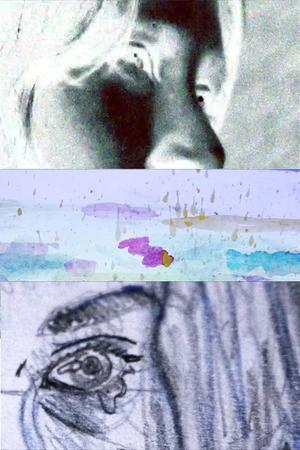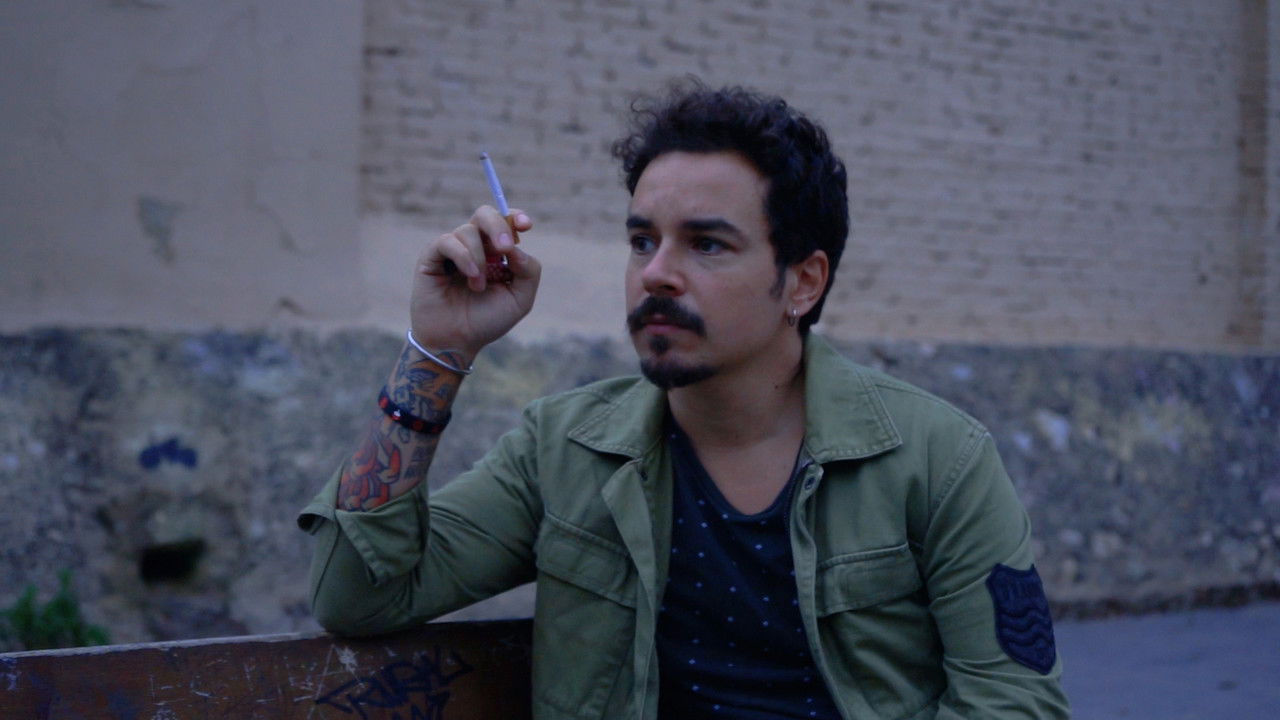
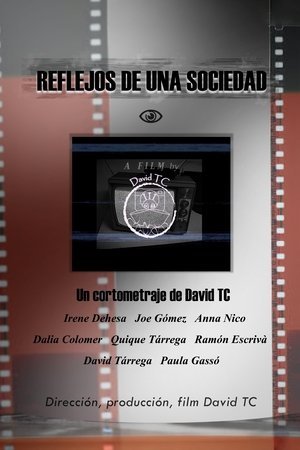
Reflections of a society(2021)
*Com diu el refrany en valencià, "pertot es fan bolets, quan plou".
In this 21st century, under the cloak of capitalism, governments, and other systems by which society is governed, this short film shows the true social reality of many people “on the street”.
Movie: Reflections of a society
Top 8 Billed Cast
Self
Self
Self
Self
Self
Self
Self
Similar Movies
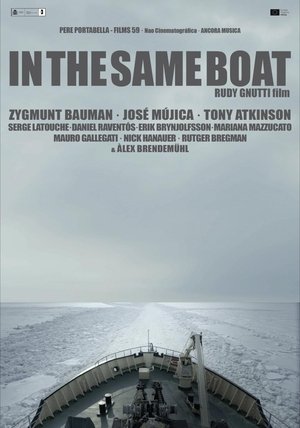 8.1
8.1In the same boat(en)
A documentary about the technological progress responsibility in employment destruction, analyzed by philosopher Zygmunt Bauman and others.
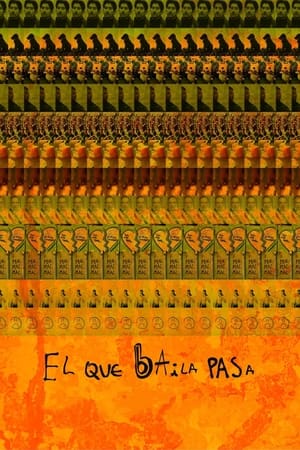 5.0
5.0He Who Dances Passes(es)
A being from the beyond returns to Chile in 2019, embodied in a worker who dreams of social upheaval. Viral videos intertwine with fiction to narrate the experiences of a polarized country that wanders between drama and absurdity, illusion and failure.
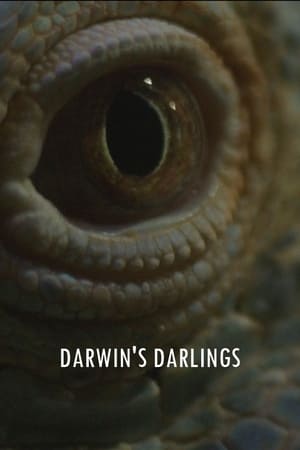 0.0
0.0Darwin's Darlings(lv)
Standing near the reptile section in a zoo we can learn a lot about the animals on both sides of the separating glass.
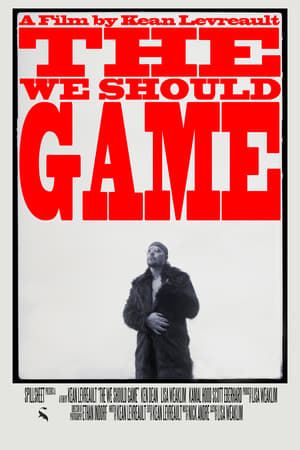 0.0
0.0The We Should Game(en)
Fame driven Ken Dean becomes the subject of a documentary when he attempts to start a pornography company. Following the failure of the company, Ken uses his father's religious music to start a Christian rock band but finds himself trapped in a gay conversion cult.
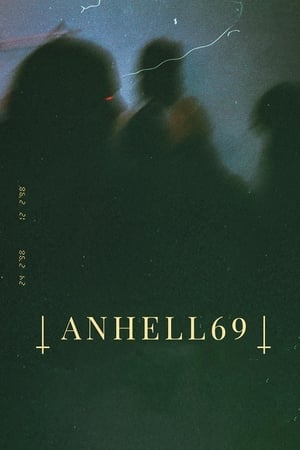 6.0
6.0Anhell69(es)
A funeral car cruises the streets of Medellín, while a young director tells the story of his past in this violent and conservative city. He remembers the pre-production of his first film, a Class-B movie with ghosts. The young queer scene of Medellín is casted for the film, but the main protagonist dies of a heroin overdose at the age of 21, just like many friends of the director. Anhell69 explores the dreams, doubts and fears of an annihilated generation, and the struggle to carry on making cinema.
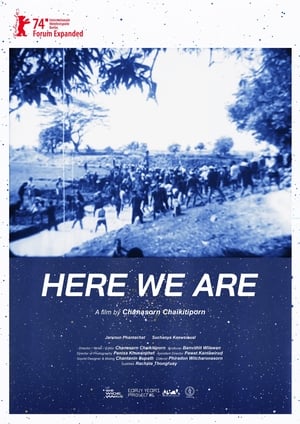 0.0
0.0Here We Are(th)
A housekeeper received a film made by her daughter. It's a film that combines found footages of Thailand during the Cold War with the present days images of Bangkok. Through these images she tells a story of the house owner and her own story of coming to the capital.
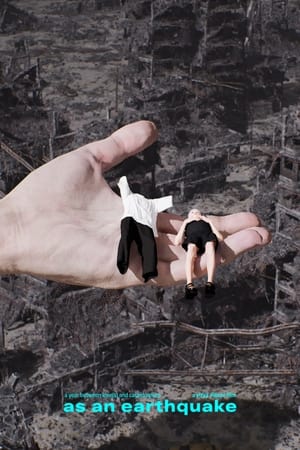 0.0
0.0AS AN EARTHQUAKE(ru)
On February 6, 2023, an earthquake on the border of Turkey and Syria claims more than 55,000 lives. On this day, I am in an oncology center, 6 days since having my tumor removed, and in the afternoon my partner ends our relationships. Blending memory and theory, this autofiction documentary unfolds the relationships between love(s) and catastrophes.
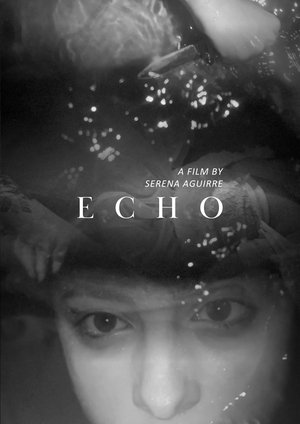 0.0
0.0Echo(en)
A reframing of the classic tale of Narcissus, the director draws on snippets of conversation with a trusted friend to muse on gender and identity. Just as shimmers are difficult to grasp as knowable entities, so does the concept of a gendered self feel unknowable except through reflection. Is it Narcissus that Echo truly longs for, or simply the Knowing he possesses when gazing upon himself?
 0.0
0.0Winter Portrait(en)
A misty afternoon returns a Mapuche couple to their wedding video. In their civil ceremony, they are noted as one of only two couples married in the indigenous language of Mapudungun.
 0.0
0.0From a distant time.(en)
In the summer of 1900, the first film camera was purchased by Mozaffar ad-Din Shah Qajar for Iran, and immediately the first Iranian moving images were captured by this camera. These images, in an obsessive manner, have embodied the mesmerized gaze of people. In the span of 79 years since the purchase of this camera, Iran has undergone two revolutions and two coups, and throughout all these moments, the camera has been present as the recorder of people's mesmerized gazes. These mesmerized gazes are in a way as if they are the ones looking at us, not the other way around. It seems like these gazes are trying to convey something, but what? No one knows. Now, we gaze at those who have gazed at us from a distant time.
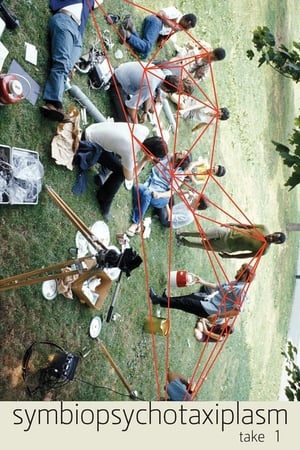 7.0
7.0Symbiopsychotaxiplasm: Take One(en)
In Manhattan's Central Park, a film crew directed by William Greaves is shooting a screen test with various pairs of actors. It's a confrontation between a couple: he demands to know what's wrong, she challenges his sexual orientation. Cameras shoot the exchange, and another camera records Greaves and his crew. Sometimes we watch the crew discussing this scene, its language, and the process of making a movie. Is there such a thing as natural language? Are all things related to sex? The camera records distractions - a woman rides horseback past them; a garrulous homeless vet who sleeps in the park chats them up. What's the nature of making a movie?
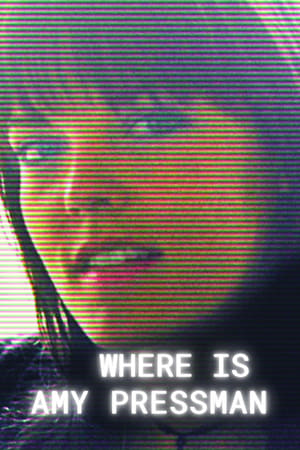 6.5
6.5Where Is Amy Pressman(en)
In 2007, a teen girl from a posh L.A. suburb must deal with the grizzly murder of her family while trapped in the company of their killers.
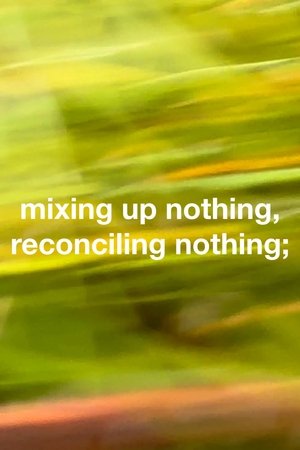 0.0
0.0unbroken rhythms(en)
a poem. trees. fragments of fritz. love—and nothing besides!
As You Are(en)
A glimpse into a visual representation of memory; A Christmas-time series of meals, coffees, and movies, with friends, lovers, and housemates. Faced with the compounding of faces and places, each moment begins to collide with one another: voices are muddled, and faces are broken. How is memory created? How are they separated from one another?
Notes of Resistance and Erasure(en)
This experimental short traces the lifespan of the graffiti and murals present at the occupation of NYC’s City Hall in June and July of 2020. The encampment formed to demand the abolishment of the NYPD and the reallocation of its resources to housing, education, and other social programs.
 6.0
6.0Fresno(es)
A film of and through the trees. Leaves catch, consume and resist the light through the seasons.
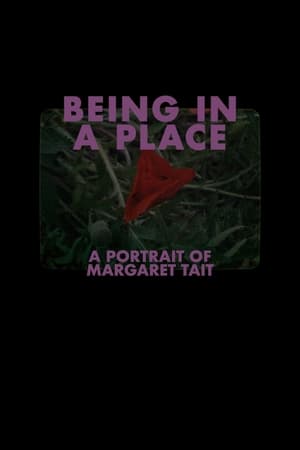 0.0
0.0Being in a Place: A Portrait of Margaret Tait(en)
Drawing on a wealth of unseen archival material and unpublished notebooks, the film weaves a complex and personal portrait of Margaret’s life, from the perspective of a fellow artist sensitive to the potential Margaret envisaged for film as a poetic medium.
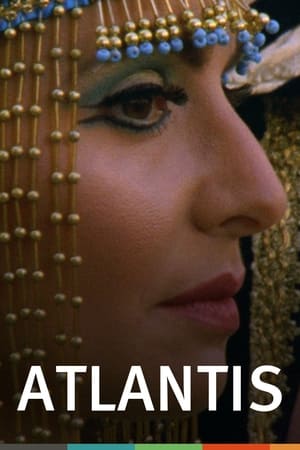 6.4
6.4Atlantis(en)
A documentary portrait of Utopia, loosely framed by Plato’s invocation of the lost continent of Atlantis in 360 BC and its re-resurrection via a 1970s science fiction pulp novel.
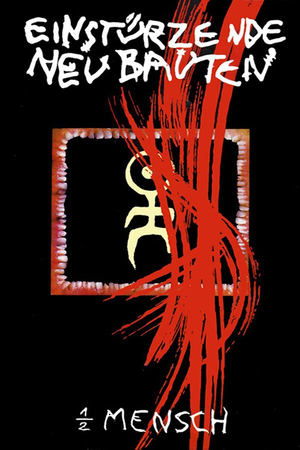 7.0
7.01/2 Man(ja)
A visual documentary of Einstürzende Neubauten, the German underground band, by Japanese cult director Sogo Ishii, made during their 1985 tour of Japan. The band makes an elaborate and remarkably choreographed appearance in the ruins of an old ironworks which was scheduled for demolition; footage of same was incorporated into the movie and a brief appearance on stage.









